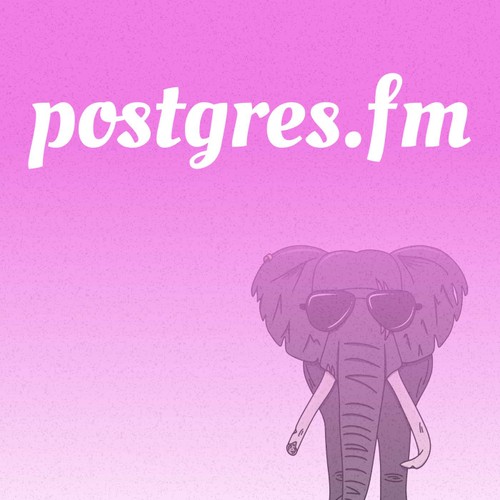
 Postgres FM
Postgres FM JSON
Feb 24, 2023
Nikolay and Michael discuss JSON, options for storing it in Postgres, JSON functions available, JSONB indexing, popularity and advantages of PostgreSQL, configuring toast value threshold in Postgres, and performance penalties for medium-sized data.
Chapters
Transcript
Episode notes
1 2 3 4 5 6
Introduction
00:00 • 5min
Limitations of Indexing on Two Tables and Trade-Offs: EAV vs. Denormalization
04:37 • 2min
The History and Integration of JSON with Databases
06:32 • 2min
Implementation and Indexing Capabilities of JSON B
08:06 • 2min
The Popularity and Advantages of PostgreSQL
09:54 • 18min
Configuring the Toast Value Threshold in Postgres
27:34 • 4min

